A woman … This Friday, March 8, International Day of Women’s Rights, the Cameroonian Aissa Doumara Ngatansou received the Simone Weil First Prize, created by Emmanuel Macron in tribute to the former minister who defended the 1975 Law on the legalization of abortion in France.
This prize rewards its 20 years of action at the head of an association to help victims of rape and forced marriages in Cameroon. She dedicated her prize « to all women victims of violence and forced marriages, to all victims of Boko Haram. »
Speaking to heads of state around the world, she added:
« Governments need to be much more involved in implementing specific laws to crack down on violence against women and girls, and that justice decisions can actually be enforced. »
She asked that the focus be on prevention and education. « … the more educated a girl is, the less she risks a forced marriage, and she will know her rights and she will have the opportunity to make choices. »
Emmanuel Macron announced the creation of a 120 million euro fund to fight violence against women around the world and the establishment of a bank for women entrepreneurs in Africa. With the 100,000 euros prize, Aissa will open a reception center for women.
The United Nations formally recognized March 1977 as International Women’s Day in 1977. France will do it in 1982 under the presidency of François Mitterrand.
The origin of this Day dates back to the beginning of the 20th century with the workers’ struggles and the demonstrations of women demanding the right to vote, better working conditions and gender equality.
March 8 has become the date of mobilization for gender equality and the fight against violence against women.
Inequalities persist in the world and parity is far from being achieved.
For 2019, the UN wants to « think of innovative ways to advance gender equality and women’s empowerment, including in social protection systems, access to public services and building sustainable infrastructure » .
In the sectors of science, technology or engineering, in large industries, in start-ups, in political life, the place of women is insufficient. It is essential to attract them to these pathways, which are tomorrow’s decision makers, and to advance equality in recruitment, training and promotions.
In the era of a post Metoo world, progress has been made but much remains to be done.
Sexual and sexual violence in the world of show-bizz, business, media, wage inequality, the glass ceiling, the PMA for all, women beaten or killed by their spouse, excision, rape as a weapon of war …
A man … Denis Mukwege, gynecologist surgeon from the Democratic Republic of Congo.
He is nicknamed « the man who repairs women ». He pledged against female genital mutilation in the DRC and denounced sexual violence as a weapon of war.
For his action and efforts, he received the Sakharov Prize in 2014 and the Nobel Peace Prize in 2018.
Elected as a male personality best suited to the cause of women, according to an IFOP survey, he was named Ambassador of the Year 2018 by Génération Femmes d’Influence who, like every year, presented in December his prizes to women who make the ‘Europe.
Women … Génération Femmes d’Influence, whose president is Patricia Chapelotte, aims to promote women’s entrepreneurship. In 2018, 7 women were rewarded in 6 categories, of influence: political, political hope, economic, economic hope, cultural and « coup de coeur ».
Muriel Pénicaud, France’s Labor Minister, is also tied with Kolinda Grabar-Kitarovic, President of the Republic of Croatia, one of the 21 women heads of a country, Mariya Gabriel, EU Commissioner for Labor. and the digital society Bulgaria, Soledad Gallego-Diaz, leader of the daily El Pais Spain, Lucie Basch, founder and president of Too Good To Go France, Caroline Sonrier, director of the Lille France Opera and Karine Lejeune, colonel of Gendarmerie, commanding the Essonne group, engaged in the fight against violence against women.
In Italy, every 8th of March, it is traditional to offer mimosa. This beautiful fragrant flower was chosen as a symbol by the Union of Italian Women in 1946 for its yellow color expressing vitality and joy, recalling that women fought for the birth of a more just world.
Views: 1


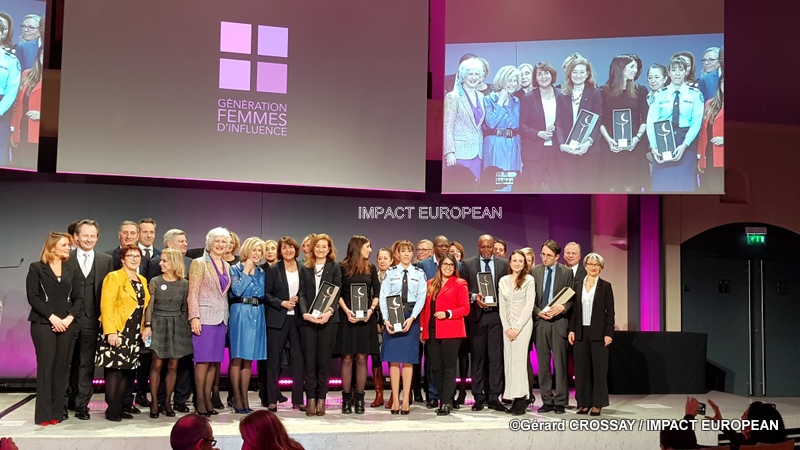
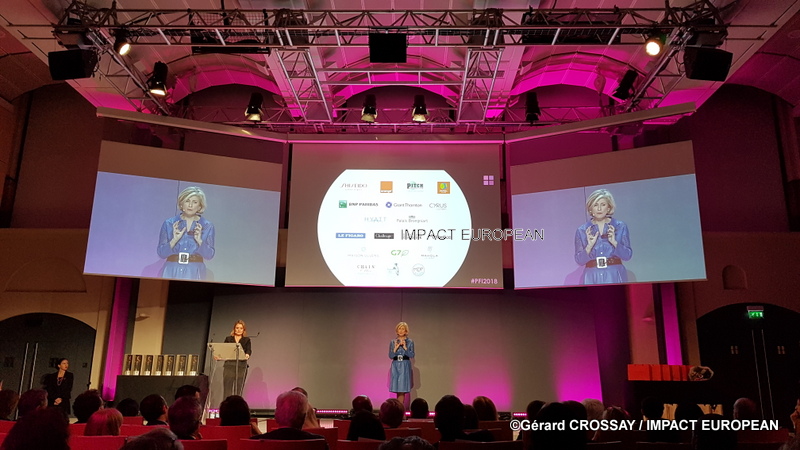
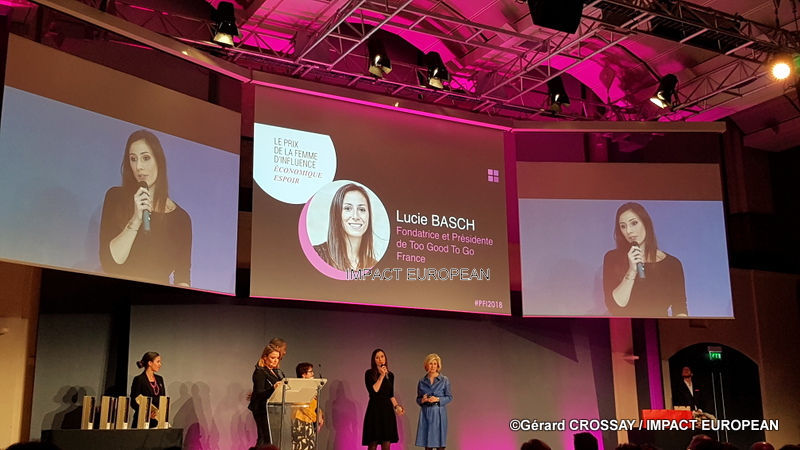
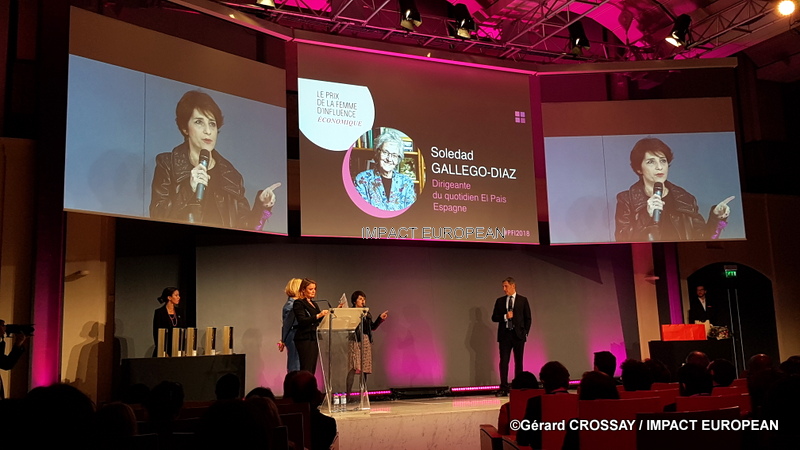
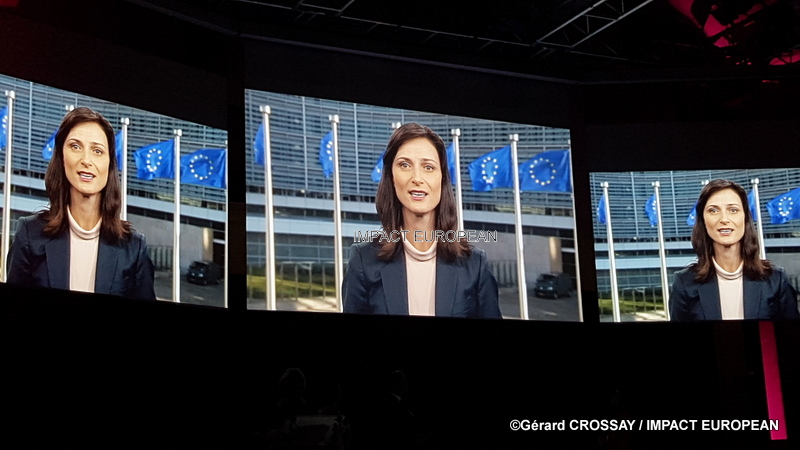
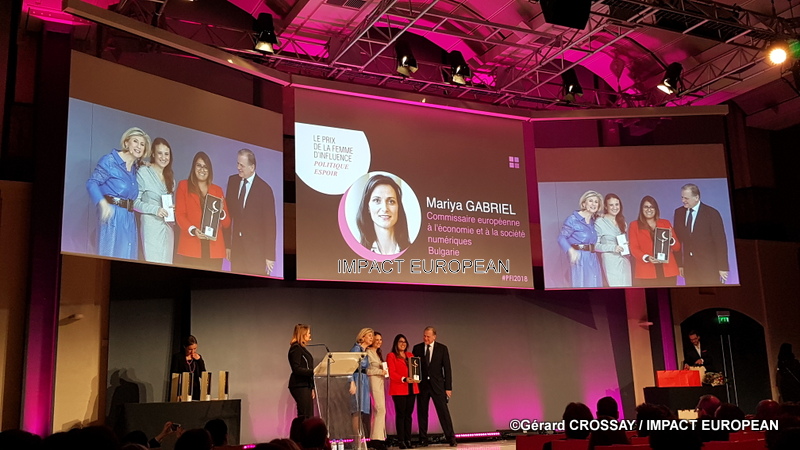
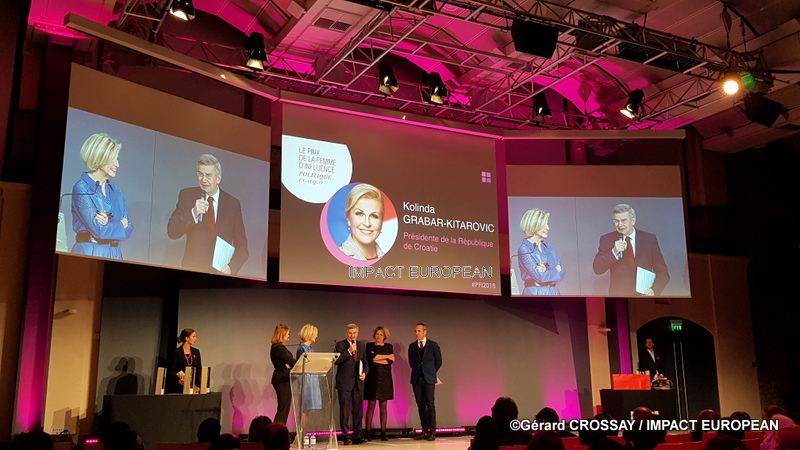
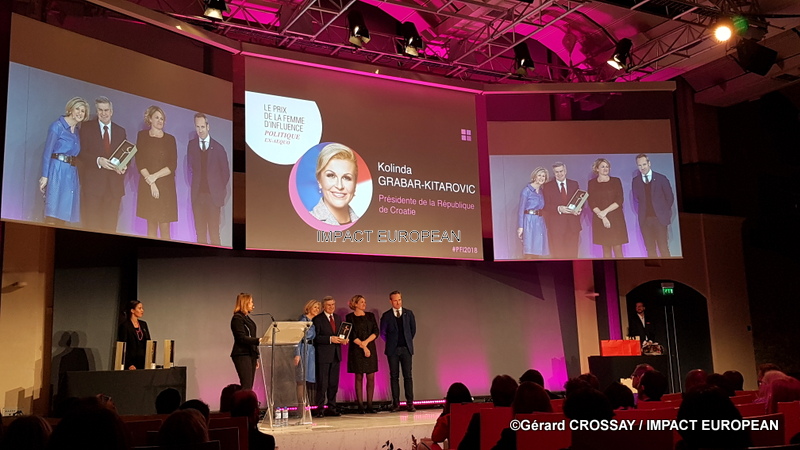
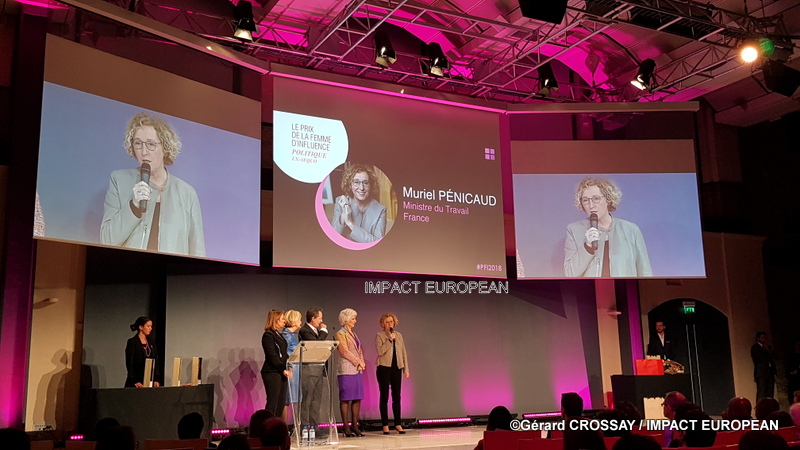
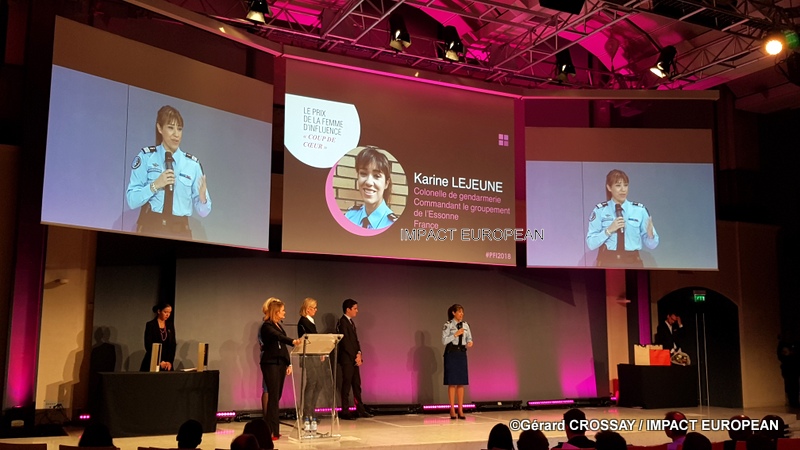
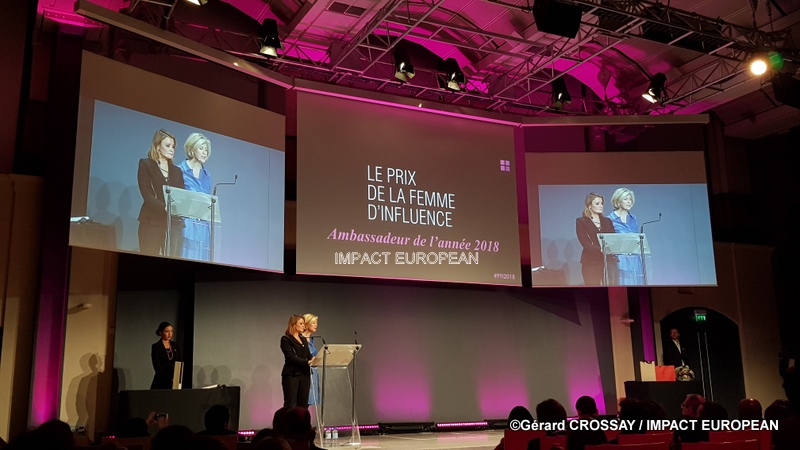
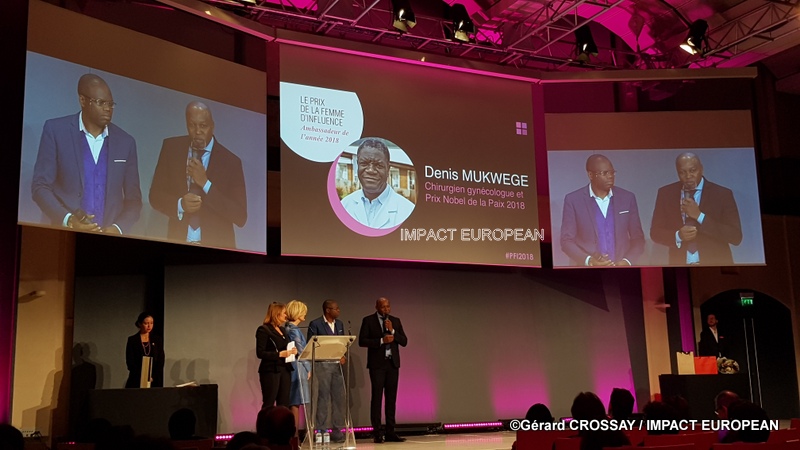
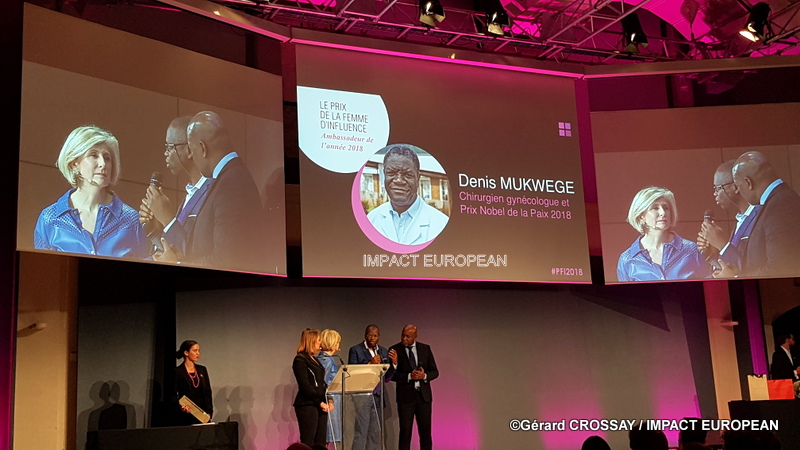
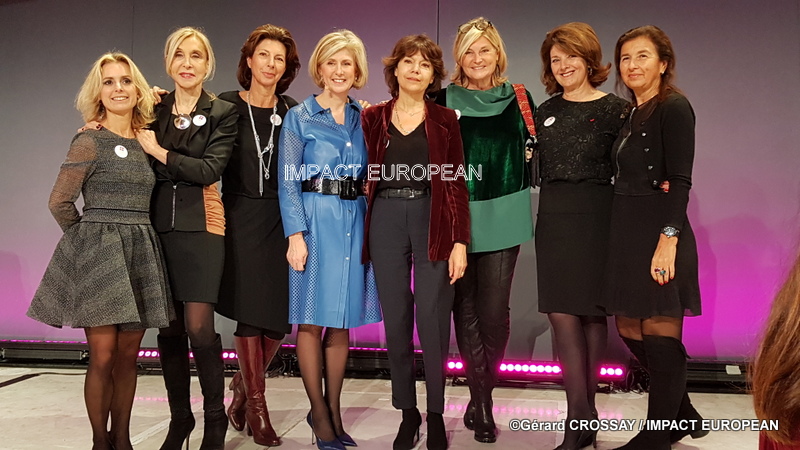
More Stories
Phenom 300E: The World’s Leading Light Jet for 14 Consecutive Years
Coutures: Angelina Jolie Stuns at the Paris Premiere
Embraer Expands Global Support Network Across Defense and Commercial Aviation